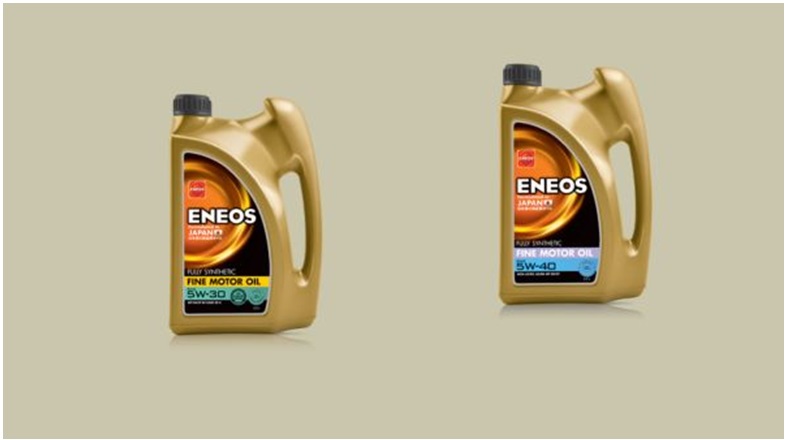Cold Mornings & Long Drives: How Seasonal Changes Affect Your Car’s Heart

Whether it is the chilling temperatures of the winters or the soaring heat of the summers, seasonal changes can be really damaging to your engine’s health. Each season comes with new challenges, such as battery life, cleaning issues or thickening of engine oil. Understanding what these issues are and how they affect your engine’s health will help you take care of your car better and enjoy optimal performance in all weather conditions.
In this guide, we’ll dive deeper into the different car challenges brought up by different seasons.
Winter Worries – Staying Warm is a Challenge
With temperatures dropping as low as -5 degrees in some Indian regions, keeping your car’s engine warm is a tough task. This can cause some significant issues to your car’s overall health.
- Engine Oil Viscosity: One of the most annoying and damaging issues in the winter is the thickening of engine oil. It can cause inefficiency in the functioning of the engine by increasing friction amongst parts and causing long-term damage. Choose synthetic oils with extra winter protection for a smooth ride through snowy peaks.
- Battery Problems: When the temperature drops, the battery can lose its peak performance. It can lose about 50% of its power. Storing your car in a shed or under covers will help maintain the temperature.
- Tyre Pressure: Prior to leaving, ensure that you check your tyre pressure during winter since it may be lower because of a temperature drop. Maintaining the right tyre pressure will avert handling and traction problems on icy surfaces.
Stressful Summer – Stay Cool and Fresh
With winters passing away, the rise in the temperature can also weaken your car’s engine and other components. Proper storage and pre-season preparations can help you counter these summer season challenges:
- Overheating Engine: The major factor to look out for in summer is the overheating of your car’s engine. The soaring temperature and dry wind can add to the engine’s temperatures. Keeping your radiator clean and ensuring optimal coolant levels will help prevent this issue.
- Battery Fluids: If left under direct sunlight for too long, there is a risk of evaporation of battery or transmission fluids, cutting short their lifetime and performance. Keep your car covered or away from direct sunlight to prevent heavy damage.
- The AC effect: Driving without air conditioning is a big no during the hot months of May-July. However, the AC running for a long time can put pressure on the engine. Put your windows down and use AC efficiently with regular breaks for smooth performance and a comfortable driving experience.
Other Seasonal Changes To Look Out For
While summer and winter are the main extremes of Indian weather, here are some more seasonal changes that can hamper your engine performance and car health in the long run:
- Heavy rains during the rainy season can cause slippery roads, making it a dangerous drive. Keep your windshield wipers and tyres in optimal condition during this weather.
- Refreshing your auto engine oil, transmission fluid and brake fluid after the winter and summer seasons can be a good idea for optimal car performance for the rest of the year.
- Perform regular cleanups of your air filters during the spring season to avoid any pollen or leaf buildup. A clogged air filter can put pressure on the engine causing it to overheat and damage.
- The heavy moisture in rainy seasons can cause rust and corrosion. Moisture can also reduce the performance of your braking system. Using anti-rust sprays and regular cleaning will help reduce the risk of corrosion.
Wrapping Up
Understanding different seasonal challenges will help you keep your car engine at its best, offering optimal performance and durability. Each season can throw unique challenges at your car. Keeping your car warm and running will take care of most winter engine issues while ensuring proper ventilation and coolant levels will help tackle the heat of summer. Dust and pollen, along with inefficient battery fluids, can be a big issue during the spring and autumn seasons. Taking proper precautions, such as using premium car motor oil, replacing damaged parts, and following proper storage instructions, will help you prepare for any weather conditions.

